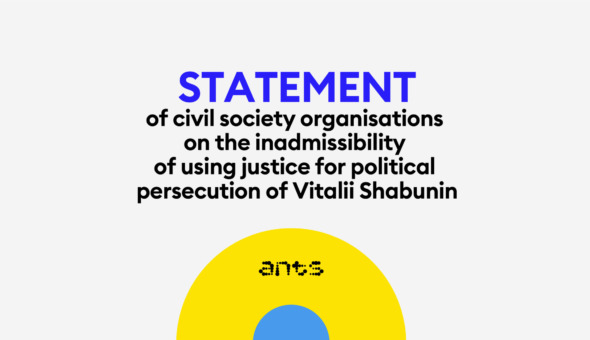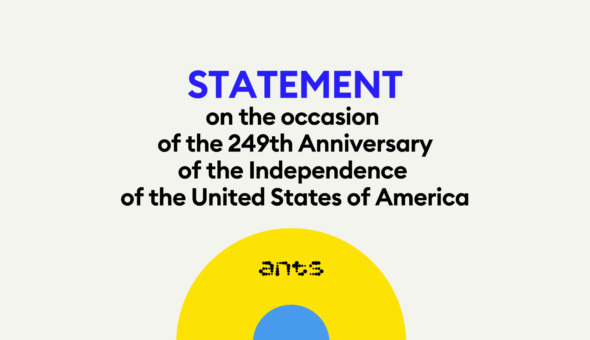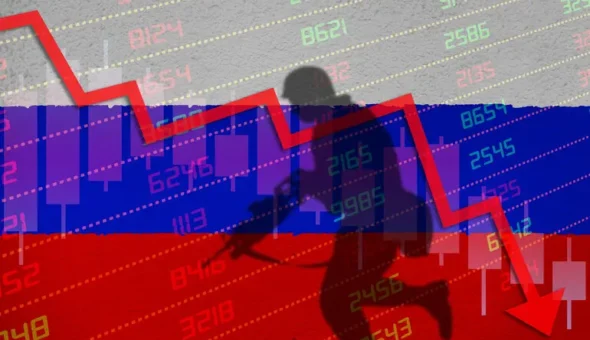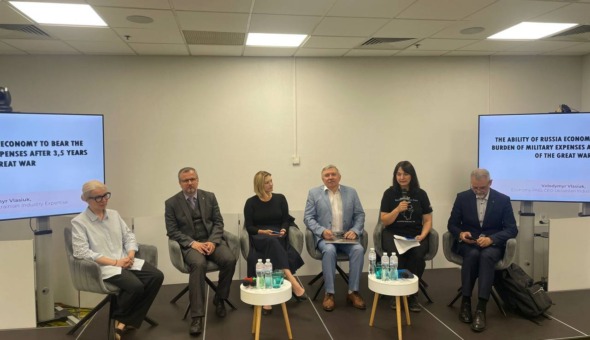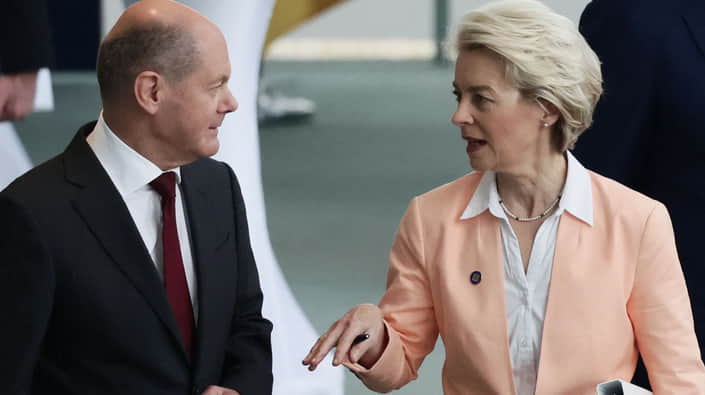
After February 24, 2022, media headlines compete in the calculations of tens and hundreds of billions of US dollars of frozen russian assets in various countries, and compensation for damages caused by the aggression of the russian federation is considered a legitimate goal of their further use.
However, the views of Ukraine and the states that hold russian assets on how to achieve this differ.
The Ukrainian government expects confiscation as soon as possible, but our allies are considering various options: holding these assets until the moment when the russian federation agrees to pay reparations, using them to obtain profits that will be transferred to Ukraine, or creating special mechanisms that would allow the confiscation of these assets.
It was the EU member states that blocked most of the russian assets with their sanctions decisions, but until now Brussels has not formulated a clear strategy regarding the algorithms of the next actions.
Against this background, Canada, which passed legislation enabling the confiscation of these assets in connection with russian aggression, and the USA, where Congress allowed the transfer of confiscated russian assets to Ukraine, are in a more predictable position.
Nevertheless, even here the successes are modest: one year after the entry into force of the Canadian legislation and half a year after the American one, the most significant achievement was the decision to transfer to Ukraine $5.4 million confiscated by the Manhattan court from the russian oligarch Konstantin Malofeyev.
Such dynamics still give the EU a chance to remain the leader of the process, but the European Union is still at a crossroads between which policy to choose for working with russian assets.
Although political discussions among European officials are still ongoing, public statements indicate that both options are being actively considered: investing and using the profits from these assets to reimburse Ukraine, or taxing them with a special tax, the sums of which would be sent to Ukraine.
Give dividends to Ukraine
In the first option, priority is given to the use of these assets, in particular in the form of their investment. In turn, dividends accumulated in this way could be transferred to Ukraine to compensate for losses, and russian assets, after full payment of reparations, could be returned to their owners.
This approach has considerable political support.
In particular, on November 30, 2022, the President of the European Commission, Ursula von der Leyen, said in her address to the Ukrainians: “In the short term, we, together with our partners, will create a mechanism for managing these assets with their further investment. Incomes from such activities will be transferred to Ukraine.”
Later, the EU representative for foreign affairs, Josep Borrell, and the head of the European Council, Charles Michel, also spoke in favor of such an approach. At that time, there was talk of creating a specific body within the EU to manage frozen Russian assets with the aim of generating income from these assets, which could be used to finance the reconstruction of Ukraine.
Thus, a significant part of the assets of the russian federation is concentrated in the accounts of the European securities depository Euroclear. The income from these assets cannot be transferred to russia, as Euroclear is involved in the freezing of russian assets and the status of the funds that were earned in this way after February 24, 2022 (and we are talking about hundreds of millions of US dollars) is still unclear.
EU representatives are now considering whether these profits can be redirected to compensate Ukraine.
However, this idea runs into political and legal difficulties, in particular from Germany. Berlin said that the management of russian funds would create difficult financial and legal circumstances within the EU.
The Central Bank of the EU holds a similar opinion. They claim that such a step will negatively affect the European currency and the investment attractiveness of the European Union.
Sanction tax
An alternative scenario supported during the recent summit of the European Council in Brussels was the taxation of income from frozen russian sovereign assets.
Although many have hastened to call it a “windfall tax”, it is actually a collection within the framework of the EU sanctions regime. This initiative was supported by the United Kingdom, which declared that it would cooperate with the EU in this matter.
However, the adoption of this proposal will require the support of all member states. The Council did not present a formal decision based on the results of the discussion, but the head of the European Commission announced further work on the proposed mechanism.
In this case, it is also important that the European Central Bank considers such a mechanism less risky than investing these funds or transferring interest from them to Ukraine.
Nevertheless, the European Central Bank calls for any decisions on this matter to be made in coordination with international partners, in particular the Group of Seven.
A precedent for new aggressors
Although both decisions are interesting, they are less acceptable for Ukraine because of the direct confiscation of russian assets.
Even if we assume that the profits received from the use of assets frozen within the framework of the entire EU will be several times greater than the announced $3 billion, with a conservative estimate of the damages caused by russian aggression in the amount of $400–600 billion, a simple calculation shows that receiving reparations in this way can stretch for tens or even hundreds of years.
In any case, this process will take much longer than Iraq’s reparations payments after the 30-year occupation of Kuwait.
The main problem with the policy of the EU, the USA, and other allies of Ukraine regarding russian assets is the hope that the confiscation of assets as a last resort can be avoided, and their freezing is the lever capable of ensuring the voluntary payment of reparations.
Since almost immediately after the decision of the European Council, German Chancellor Olaf Scholz said that he plans to speak with vladimir putin in the near future, it is quite possible that the fate of the frozen assets will be the subject of this conversation.
This is a fundamental mistake in misunderstanding the psychology of russian politicians, for whom the admission of wrongdoing and defeat and the willingness to voluntarily accept punishment are a step towards hopelessness. Without the total defeat of russia, which does not yet seem realistic, it is almost impossible to achieve voluntary payment of reparations.
However, the explosion of the Kakhovka dam and the risks of a nuclear disaster at the ZNPP show that the price of aggression and the amount of damages are constantly increasing, and the solution to the issue of how to compensate for these damages will become increasingly acute.
So the need to find a solution is more pressing than ever.
An equally important aspect of the confiscation of the assets of the russian federation and its residents is the substantial financial responsibility of the terrorist country and its residents, which led to military aggression against Ukraine and earned a fortune from the continuation of the war.
The most egregious violations of international law must be punished in a democratic way through the adoption of appropriate laws and the conduct of legal proceedings that should lead to the real confiscation of assets, which will ensure the just responsibility of violators and deprive them of resources for the continuation of bloody wars.
On June 21, 2023, in London, at the Conference on the Reconstruction of Ukraine, it was reported that the European Commission proposed to create a new fund for Ukraine within the budget of the European Union, which will provide constant financial support until 2027.
Funding of the fund should be carried out, in particular, at the expense of revenues from mobilized russian assets.
“We will come out with a proposal for these assets before the summer holidays, because the culprit must be brought to justice,” said European Commission President Ursula von der Leyen.
As practice shows, the international coalition to support Ukraine is ready for difficult decisions, in particular regarding the supply of weapons.
It is to be hoped that the decision on the confiscation of assets will be made soon; it is legally justified but necessary to protect the interests of the victims and bring the violators to justice.
The research was carried out within the framework of the ANTS project “russian Assets as the Source to Restore the Ukrainian Economy”, which is implemented in cooperation with the National Democratic Institute (NDI) with the financial support of the National Endowment for Democracy (NED).
Authors: Ivan Horodyskyi, Sofia Kosarevych,
Dnistrianskyi Center
